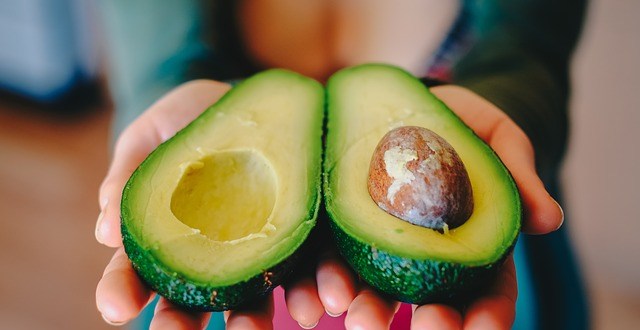
The ketogenic diet is becoming a trend among people looking for quick, dramatic weight loss
The diet is a high-fat, moderate protein, low-carbohydrate food plan that shifts the body to burn fats as opposed to carbohydrates. Ketosis occurs when the body is burning fat for fuel and producing ketones (in the liver). The ketogenic diet is not for everyone, and you should check with your physician before starting it.
Here are some Dos and Don’ts to be successful on the Ketogenic Diet.
DO eat real food. Veggies that grow above ground, beef (organic, grass fed), chicken (organic, pastured), salmon (wild-caught), butter, heavy cream (organic is a must, raw dairy is even better!).
DO replace your electrolytes, but not with diet Gatorade or sugary energy type drinks. Drink bone broth or chicken broth. Think sea salt. Make sure you get at least 2 tsp per day.
DO eat plenty of healthy fats!
- Coconut oil
- Avocado oil
- Avocados
- Butter (real butter), Ghee (clarified butter)
- Heavy cream, coconut cream if lactose intolerant
- Extra virgin olive oil
- Animal fats (preferably from grass fed animals)
- MCT oil (medium-chain triglycerides)
Fat is a source of energy and provides mental clarity – it’s brain food!
DO use natural alternative sweeteners vs. artificial ones – i.e.: don’t use sucralose/Splenda, DO use stevia or erythritol.
DO avoid fast food. Even though you can get burgers without a bun at McDonald’s or wherever, fast food just isn’t healthy. It is full of chemicals and preservatives and they usually don’t even use real cheese and the meat often has fillers. Even the salads could have hidden sugars.
DON’T eat processed foods like low carb tortillas, “sugar-free” candies or jello, low-carb packaged bread, diet soda, low carb bars, shakes or frozen microwaveable meals or zero calorie artificially sweetened drinks or water flavoring.
DON’T eat low-fat food. Avoid buying fat-free or low-fat cheese or yogurt. You need to eat full-fat cheese, and plenty of healthy fats. If your Keto diet includes yogurt, make sure it is full fat yogurt (no sugar added).
DON’T eat bad fats! Corn oil, vegetable oil, soybean oil, hydrogenated oil and canola oil are the worst!
DON’T look up nutrition information after you’ve eaten something – always look it up before!
Foods to Eat on a Ketogenic Diet:
- Low starch veggies: asparagus, broccoli, celery, kale and other green, leafy veggies
- Small amounts of certain fruits: A handful of berries or a few sections of grapefruit
- Proteins: Grass fed beef, lamb, eggs (preferably pastured and organic), hard cheeses (cheddar or parmesan)
- Nuts and Seeds: Macadamia nuts, pecans, coconut (unsweetened), pumpkin seeds, raw cacao nibs, etc.
- Fats and Oils: Coconut oil and butter, grass-fed butter or ghee, extra virgin olive oil, cocoa butter, tallow, etc.
- Sweeteners: Stevia (organic drops preferred), lo han or monk fruit, erythritol
Foods to Avoid:
- Grains (pasta, breads, cereals, cookies, cakes, etc.)
- Beans
- Most fruits
- Starchy Vegetables (potatoes, carrots, corn, most squashes, etc.)
- Low-fat dairy
- Alcohol
- Artificial Sweeteners
- Many condiments contain hidden sugar (ketchup, salsas, teriyaki sauce, pickles, etc.)
- Oils high in omega-6’s like canola, corn, safflower, etc.
Nutritionist Judy Nicassio, is Holistic Health Solutions on Thursdays. She’s originally from Chicago where she worked with Dr. Joseph Mercola.
Ketogenic Diet 101 from Dr. Mercola:
Follow our Ketogenic Board on Pinterest!
OnKeto.com is a news aggregation service that brings you best of world articles to you for your consumption.
Author: Giselle Aguiar
Author URL: None
Original Article Location: https://ithelpedme.com/ketogenic-diet-weight-loss-solution/
